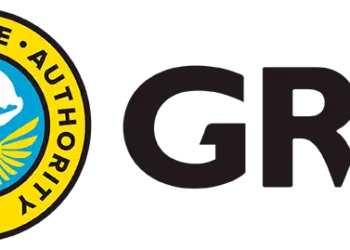THE GHANA Cedi strengthened to 5.7700 against the US dollar from 5.7850 this week amid implementation of newly reviewed taxes on fuel.
AZA Finance, Africa’s largest non-bank currency broker by trading volume at over $1 billion annually, which made this known in its latest foreign currency intelligence report, attributed the development to the prices of petroleum products which went up by 17 pesewas per litre but now has been pegged at 9 pesewas.
The National Petroleum Authority (NPA), the industry regulator, had to reduce the 17-pesewas margin to 9 pesewas in an effort to combat the effects of the new levies on livelihoods.
Meanwhile, the Head of the EU delegation to Ghana, Diana Acconcia, disclosed that the bloc was set to remove Ghana from the list of money laundering and terrorist financing countries.
She said the EU was taking such action because Ghana had made significant progress in corrective measures to deal with issues raised by the Financial Action Task Force (FATF).
Against this backdrop, analysts expect the currency to further strengthen towards 5.70 levels.
The Ghanaian cedi lost most of its early-year gains against the US dollar through end of March as the global fallout from the coronavirus pandemic intensified. On March 20, the currency traded at 5.65 per USD, marking a 5.8% depreciation over the same day in February. Meanwhile, the currency was up 1.0% year-to-date although it was down 7.2% year-on-year.
Rising fears that the COVID-19 pandemic could push the global economy towards recession set global commodity prices tumbling and saw investors fleeing emerging market assets.
In another development, the Eco currency took a further step towards becoming a reality, with France beginning a transfer of 5 billion Euros to the Banque Centrale des États de l’Afrique de l’Ouest in support of reforms for the currency in the XOF region. France’s minister of finance assured that the reforms would be implemented to the fullest and will support autonomy to countries in the region to invest in financial institutions and instruments of their choice, with France no longer keeping the reserve accounts.














